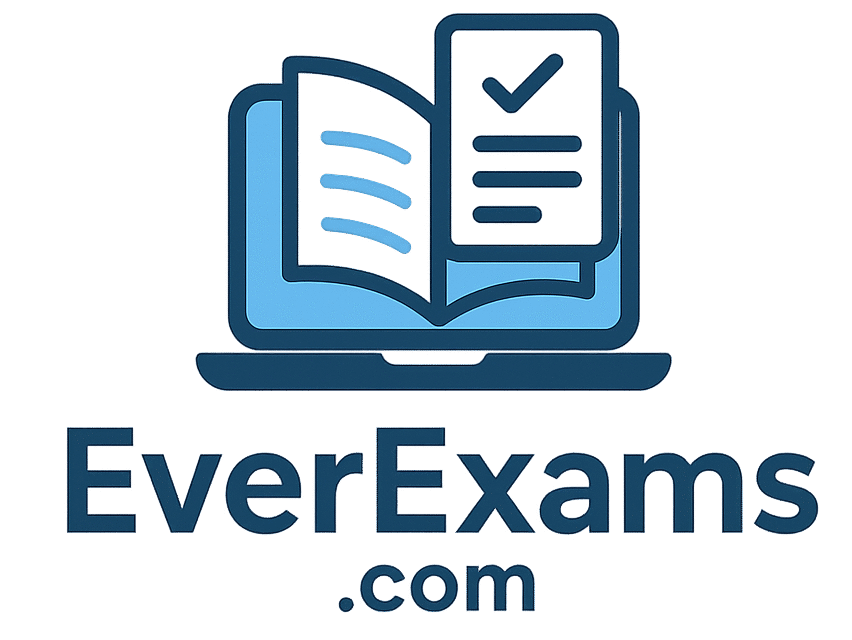Tag: pharmaceutics II nts
-
MCQs on Formulation and Manufacturing of Solid, Semi-Solid, Liquid, and Parenteral Dosage Forms
Prepare with MCQs on the formulation and manufacturing of solid, semi-solid, liquid, and parenteral dosage forms. Explore key concepts, techniques, and quality standards to excel in your exams. Solid Dosage...

